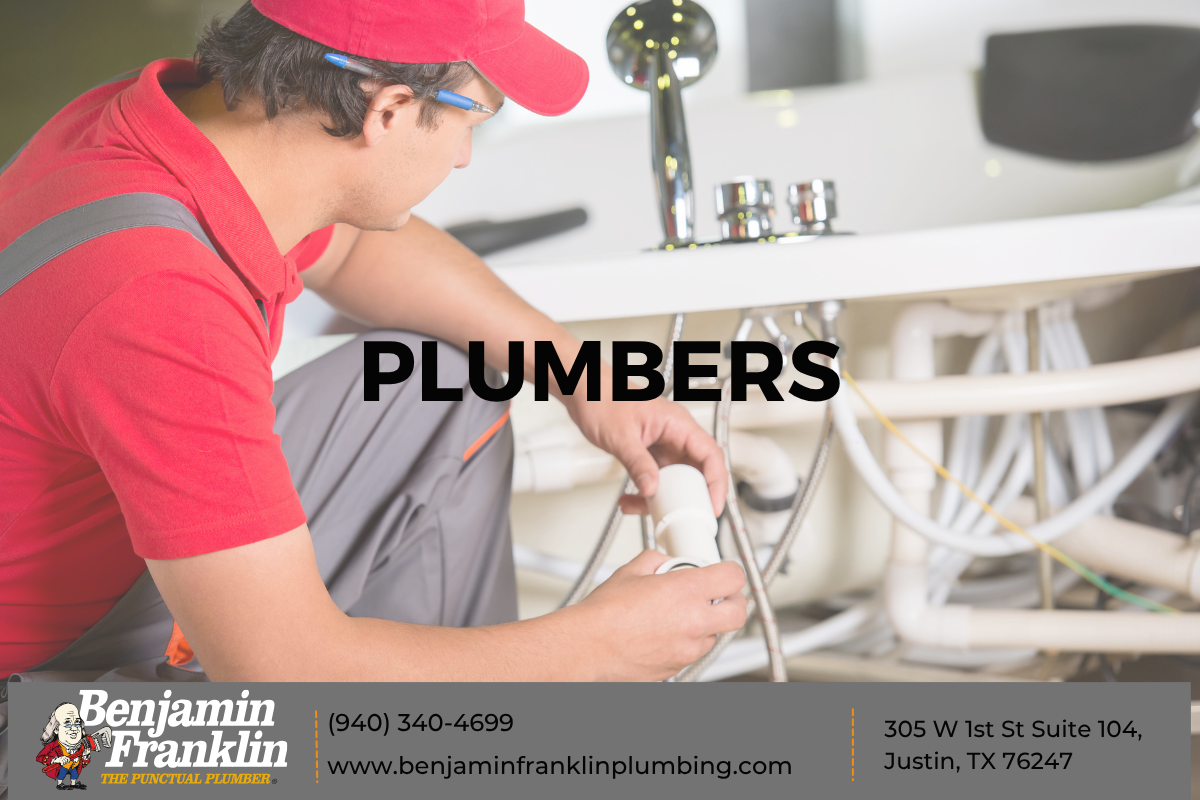

Plumbing issues can be a homeowner's worst nightmare. From leaky faucets to clogged drains, these problems can disrupt your daily life and lead to costly repairs if not addressed promptly. However, many plumbing issues can be solved with a little know-how and the right tools. In this guide, we’ll cover DIY Plumbing Tips from Expert Plumbers in Justin, helping you tackle common plumbing challenges with confidence.
Understanding Basic Plumbing Systems
Before diving into specific tips, it’s essential to understand how your plumbing system works. Your home’s plumbing consists of two main systems: the supply system that delivers water and the drainage system that removes waste.
What Is the Supply System?
The supply system is responsible for bringing fresh water into your home through a network of pipes. This includes:
- Water mains that connect to municipal supplies. Service lines that deliver water from the street to your home. Fixtures such as sinks, toilets, and showers that allow you to access water.
What Is the Drainage System?
The drainage system carries wastewater away from your home. It includes:
- Drain pipes that transport waste to the sewer or septic system. Vent pipes that allow sewer gases to escape and maintain proper pressure.
Understanding these systems will help you identify problems and implement effective solutions.
DIY Plumbing Tips from Expert Plumbers in Justin
When faced with a plumbing issue, knowing some basic DIY tips can save you time and money. Below are various techniques recommended by expert plumbers in Justin.
1. Leaky Faucets: The Ultimate Fix
A dripping faucet may seem trivial, but it can waste gallons of water over time. Here’s how to fix it:
Turn off the water supply: Locate the shut-off valve under the sink. Disassemble the faucet: Use a screwdriver to remove the handle. Inspect washers and O-rings: These are usually the culprits for leaks. Replace damaged parts: Visit your local hardware store for replacements. Reassemble and test: Turn on the water supply and check for leaks.2. Clogged Drains: Quick Remedies
Clogged drains are a common nuisance that can often be resolved without professional help:
- Use a plunger: Ensure there’s enough water in the sink or tub before plunging. Try baking soda and vinegar: Pour half a cup of each down the drain; let it sit for 30 minutes, then flush with hot water. Use a drain snake: If all else fails, this tool can dislodge stubborn clogs.
3. Running Toilets: Troubleshooting Techniques
A running toilet not only wastes water but also increases your utility bill:
Check the flapper valve: Lift the tank lid and inspect this rubber part for damage or misalignment. Adjust float levels: Sometimes adjusting this can solve flushing issues. Inspect fill valve: If it's malfunctioning, it may need replacement.4. Water Heater Maintenance: Essential Tips
Keeping your water heater in good shape ensures reliable hot water access:
- Flush sediment build-up annually: This prolongs lifespan and improves efficiency. Check temperature settings: Ideally set between 120°F - 140°F for optimal performance.
5. Pipe Insulation: Preventing Frozen Pipes
During https://simondcuh459.cavandoragh.org/plumbing-services-justin-fixture-upgrades-that-add-value cold months in Justin, frozen pipes can burst when they thaw:
- Use foam pipe insulation around exposed pipes in unheated areas like basements or attics. Allow faucets to drip slightly during extreme cold weather to relieve pressure.
FAQs About DIY Plumbing
1. What should I do if I have a major leak?
If you detect a significant leak, immediately turn off your home's main water supply and call a professional plumber for assistance.
2. Can I unclog my toilet without using harsh chemicals?
Absolutely! You can use natural ingredients like baking soda and vinegar or even dish soap combined with hot water as effective alternatives.
3. How often should I inspect my plumbing?
It’s wise to conduct inspections at least once a year or whenever you notice changes like unusual noises or smells coming from your plumbing fixtures.
4. Is it safe to use drain cleaners regularly?
Frequent use of chemical drain cleaners can corrode pipes over time; consider natural remedies first before resorting to harsh chemicals.
5. When should I hire professional plumbing services?
If you're facing persistent issues, lack tools, or feel uncomfortable undertaking repairs yourself, it's best to contact experienced plumbers in Justin for assistance.
6. What are common signs of plumbing issues?
Look out for signs like slow drainage, low water pressure, unusual sounds from pipes, or damp spots on walls which could indicate hidden leaks.
Conclusion
Arming yourself with these DIY Plumbing Tips from Expert Plumbers in Justin will empower you as a homeowner to tackle everyday plumbing problems confidently without always needing professional help—though don’t hesitate to call upon local experts when needed! Remember that regular maintenance is key not just in preventing emergencies but also ensuring longevity for your system as well as saving costs long-term!
By understanding your plumbing systems better and applying these practical techniques effectively—whether you're dealing with minor annoyances like leaky faucets or larger concerns—you're well on your way toward becoming more self-sufficient while ensuring your home remains comfortable year-round!